How to Run Your Day to Day Financial Management
How your group manages its finances day-to-day will depend on a range of factors – the size of your group, what funding you bring in, how you make payments, etc. Although the Treasurer’s role is to maintain and report on your group’s finances, the committee is responsible, and every member has a part to play.
Why is Effective Financial Management Important?
Your committee has a legal responsibility for the financial management of your group.
To control your finances (i.e. so you won’t write cheques if there is no money in the account).
To make it easier when reporting to your funder(s), to the Charity Commission for NI and to your committee.
If your financial management is poor and you pay an accountant to independently examine/ audit your accounts, they may charge you more.
See also How to Report on Your Charity Finances.
Key Terms Defined
Income - Money your group brings in (this could be via grants, donations, membership fees).
Expenditure - Money your group pays out.
Financial Records - Evidence of your group’s income and expenditure (receipts/invoices, bank statements, cheque stubs).
Bookkeeping -How your group accounts for and records your income & expenditure, i.e. via a ledger.
Restricted Funding - Funding secured for specific spend.
Unrestricted Funding - Generally, the group’s own funds, but it may also include funding secured for non-specific spending. The group can decide what unrestricted funds can be spent on.
Bank Reconciliation - Process to ensure your records agree with that of your bank statement.
Good Practice for Treasurers
Keep up to date
Record your income and expenditures regularly in your group’s ledger.
At the end of the financial year, do not delay in preparing your annual statement of accounts for independent examination.
Lodge all income as soon as possible.
Keep Good Records
Ensure you keep receipts/invoices for all payments.
Record on the receipt how and when it was paid (cheque number, petty cash, etc.) and whether it was paid via specific funding. To avoid any confusion, mark receipts as soon as you can.
File receipts under the appropriate funder, in date order.
Don’t forget to print off and file invoices, which are sent via email.
Ensure you keep all the group’s bank statements; file these in date order.
Payments
Make regular payments to your suppliers.
If you make payments via cheque, record the details of the payment on the cheque stub.
Cheques must never be pre-signed, and the chequebook must be kept in a secure place.
Avoid making cash payments for any non-petty cash items.
Funding Management
Regularly monitor funding spend. Ensure spend is in line with budgets/spend set out in the letter of offer from your funder.
Report back to the committee if you have any concerns about this (i.e. over/underspend).
Make sure to take photocopies of any “originals” you send to a funder as part of funding returns (i.e. receipts/bank statements).
Petty Cash
If you operate a petty cash float, ensure you keep a record of all income & expenditure, including receipts.
Do not hold large amounts of cash.
Good Practice for the Whole Committee
Any payments should be made in line with the group’s purposes, which are set out in your constitution.
Committee members should notify the Treasurer of any income received or payment made. Receipts must also be provided promptly to the Treasurer.
Committee members should ensure any funding spent is in line with the budgets/spending set out in the letter of offer from your funder. Funding terms and conditions, such as quotations, record-keeping, and monitoring, should also be considered.
Discuss and agree to financial procedures as a committee. Follow these procedures, i.e. how payments are made and how receipts are retained.
It is bad practice to withdraw large sums of cash from the bank to pay for your activities. It can be difficult to manage and account for this if you are using funds for a number of different payments, perhaps over a long period of time.
Fraud
The Treasurer should carry out monthly bank reconciliations. This will help identify & explain any differences between your bank statement and your own records.
Reasons for this might be:
Cheques which have been issued but have not yet been cashed/lodged/debited.
Items such as standing orders, direct debits, and bank charges have been debited to the bank account but have not yet been recorded on your ledger.
Bank reconciliation can also identify any signs of fraud.
The Charity Commission for NI offers further guidance regarding fraud, which groups should be aware of.
Fundraising
If your group secures income via fundraising, it is important to remember that all funds raised are properly accounted for (i.e. lodged and recorded). Funds should only be spent for the purpose for which they were raised.
The Charity Commission for NI has further guidance regarding fundraising, visit www.charitycommissionni.org.uk/charity-essentials/fundraising/.







